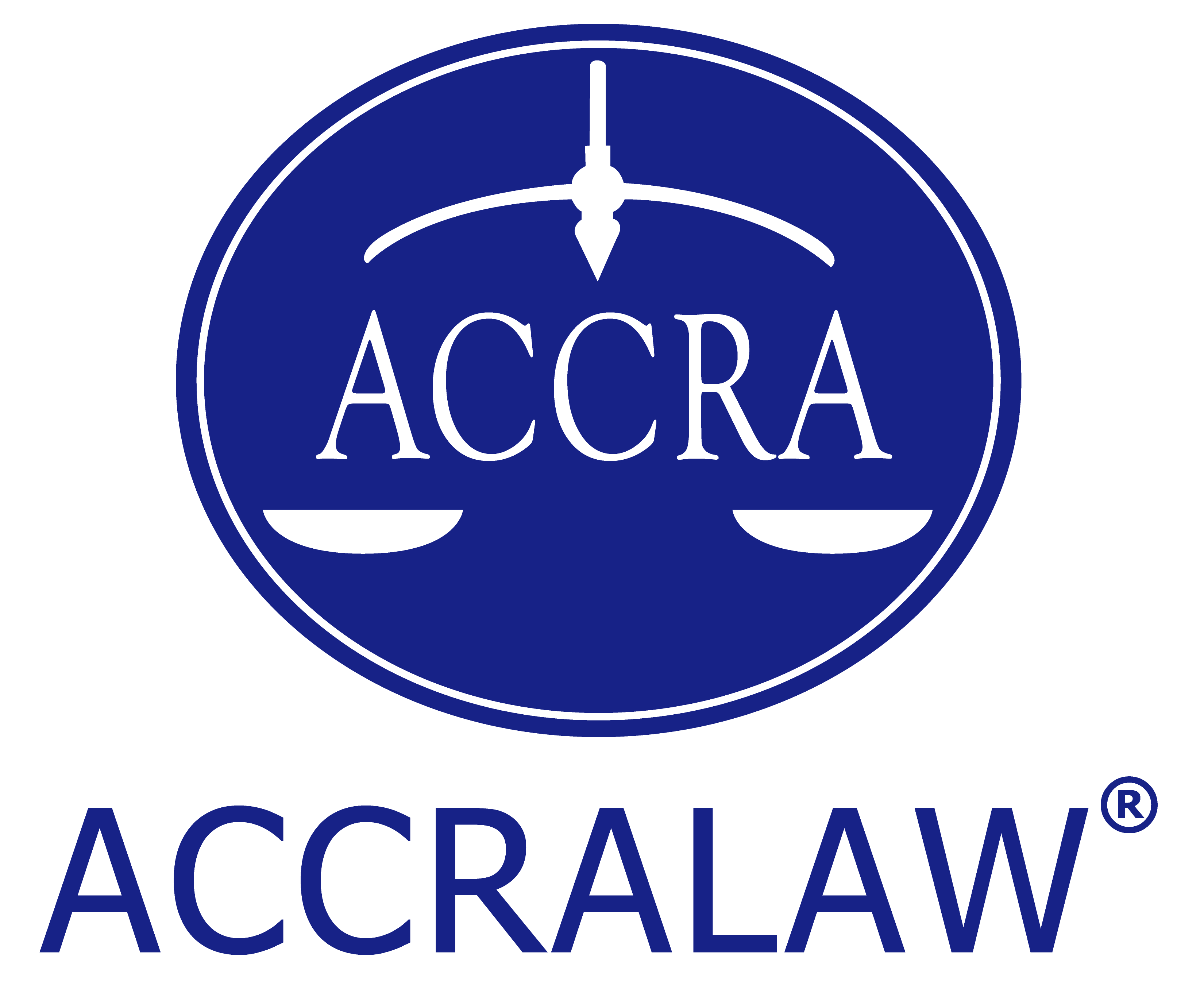 By Mara Kristina O Recto, ACCRA Law
By Mara Kristina O Recto, ACCRA Law
The Revised Corporation Code (RCC), which took effect on February 23, 2019, introduced amendments to the otherwise outdated Corporation Code. One of the amendments can be found in Section 143 of the RCC which prescribed the amount of required securities deposit for branch offices of foreign corporations. Pursuant to such amendment, the Securities and Exchange Commission (SEC) issued Memorandum Circular No. 17, Series of 2019 (SEC MC No. 17-2019) on the revised guidelines on securities deposit of branch offices of foreign corporations, which superseded the guidelines set in Memorandum Circular No. 2, Series of 2012 (SEC MC No. 2-2012).
SEC MC No. 17-2019 now requires foreign corporations to deposit securities satisfactory to the SEC in the actual market value of at least P500,000 (previously, under the Corporation Code, the SEC required a deposit of at least P100,000), within 60 days after the issuance of a licence to transact business in the Philippines.
The securities deposit requirement is geared for the benefit of the present and future creditors of the foreign corporation as a fund for the protection of their claims. Consequently, the law attempts to foster social and economic development of the country by requiring the investment in Philippine securities. It must be noted, however, that certain foreign corporations are exempted from the investment requirement, particularly, foreign banking corporations, including offshore banking units, foreign insurance corporations, foreign non-stock corporations, including foreign religious corporations, foreign corporations with representative offices in the Philippines, regional or area headquarters or operating regional headquarters of multinational companies.
The amount of investment varies throughout the years the branch conducts business. Within six months after the end of each fiscal year, the SEC will look into the gross income of the branch generated in the Philippines. If the gross income exceeds P10 million (previously, under the Corporation Code, P5 million), the branch shall be required to deposit additional securities equivalent to two percent of the increase in gross income. Additional securities will be required if the actual market value of the securities deposit or financial instrument has decreased by at least ten percent from the time it was deposited to cover the decrease. Upon submission, the SEC will issue a certificate of deposit of additional securities.
SEC MC No. 17-2019 introduced changes to SEC MC No. 2-2012 only insofar as the amount of the securities deposit conform with the revisions under the RCC. In hindsight, the SEC could have considered including more elbow room for branch offices with respect to the allowable deductions in determining the gross income. “Gross income”, which is the basis of the additional securities, has been defined as synonymous to “gross revenue”. MC No. 17-2019 defines gross income as the “gross inflow of economic benefits during the period arising in the course of the ordinary activities of an entity when those inflows result in increases in equity, other than increases relating to contributions from equity participants”. Similar to MC No. 2-2012, no deductions are allowed except for sales returns, allowances and discounts and direct costs and expenses incurred with foreign entities and related parties. Claiming such deductions is likewise subject to approval by the SEC after submission of the audited special or annual income statement showing separately the amounts of direct cost and expenses actually incurred.
On the other hand, the SEC may allow partial release of securities upon application of the branch if there is more than ten percent decrease in gross income of the branch or if the actual market value of the total securities deposit has increased by more than ten percent of the actual market value of the securities at the time they were deposited. The SEC likewise allows the branch to substitute other securities for those already on deposit as long as it is solvent, in which case, the SEC will issue a certificate of substitution of securities deposit. In case the foreign corporation decides to withdraw its business in the Philippines, the SEC shall return the securities deposit upon written application and issue a certificate of return of deposit.
Effectively, the securities deposit became a mandatory additional investment in the Philippines on top of the assigned capital required of a particular foreign branch office. While the increase in the amount of securities deposit may be a welcome change for creditors and suppliers of goods and services of a branch, the monitoring and reporting of the additional security can be burdensome for the branches. It is also worth noting that MC No. 17-2019 is unclear whether branch offices which have previously been issued a licence are required to provide additional securities. Perhaps, the SEC could reconsider the composition of gross income and allowable deductions in the gross income to provide more leeway for compliance of branch offices.
______________________________
This first appeared in Business World, a newspaper of general circulation in the Philippines. The views and opinions expressed in this article are those of the author. This article is for general informational and educational purposes and not offered as, nor does not constitute, legal advice or legal opinion.

T: (63) 2 830 8000


